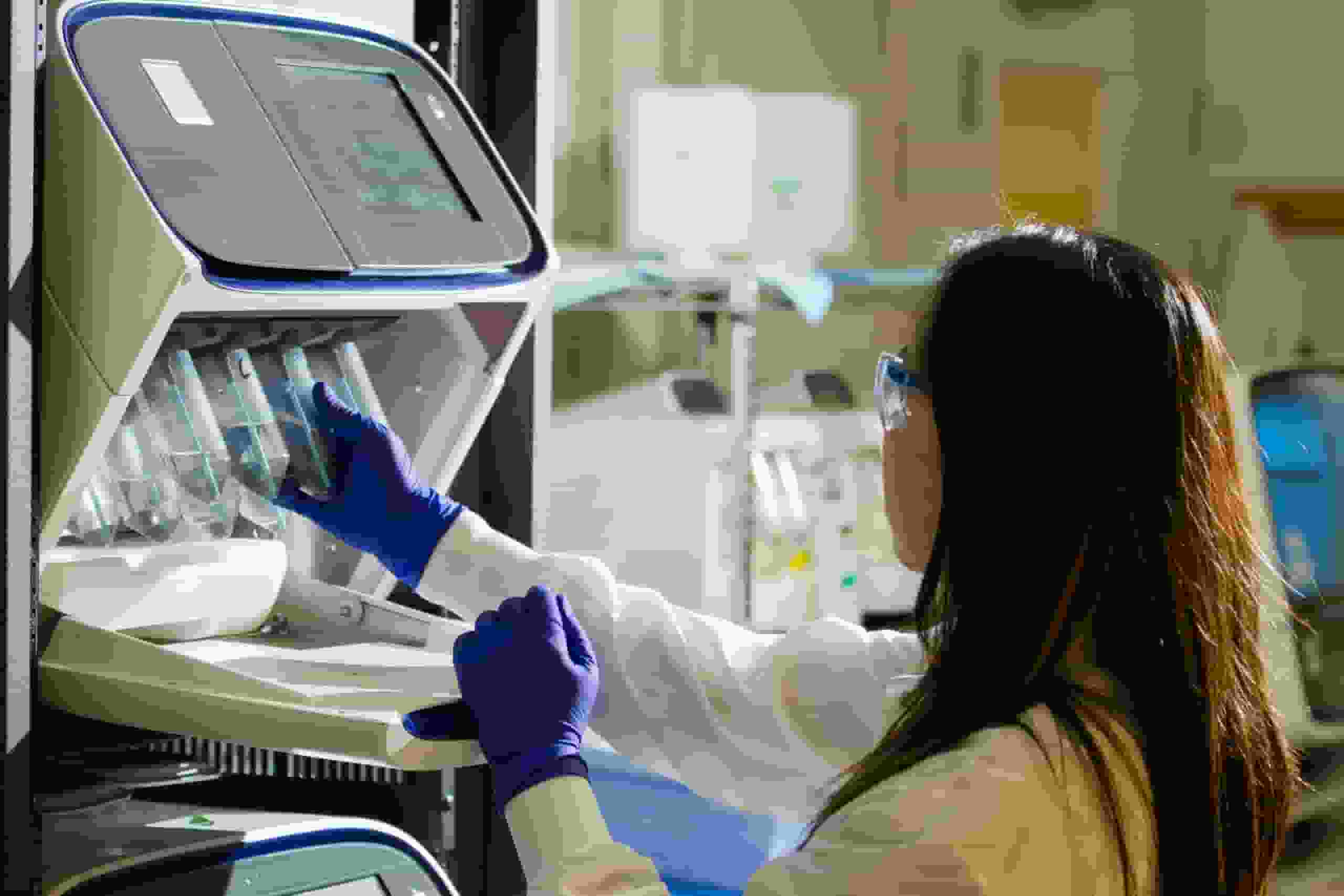
A third of Americans are open to the idea of genetic modification for their children if it raises their chance of getting into a top university.
Since the first successful IVF birth in 1978, experts have predicted that gene editing technologies will allow parents to modify their children’s features before birth.
This could involve giving offspring red hair, smarter, or stronger.
Genetic Modification For Children
Before implantation, IVF parents can check their child for schizophrenia and Crohn’s disease.
In the current study, researchers from across the US, including Harvard, asked more than 6,800 parents if they would utilize genetic technologies on their future children to get them into a top-100 institution.
In this study, participants evaluated genetic testing for polygenic risk (PGT-P) to check for hereditary risk factors, gene editing to make their child smarter, or SAT prep courses.
Gene editing and genetic screening were accepted by 34% and 43%, respectively, of IVF patients. In order to help their child with college admissions, 69% of respondents said they would sign them up for an SAT prep course.
Forty-one percent of respondents said it was moral and appropriate to modify genes for some physical characteristics, both medical and non-medical. Gene-editing technology cannot cure cancer, increase IQ, or treat serious diseases.
However, biotechnology is advancing rapidly.
The test estimates the effect of hundreds or thousands of gene mutations on a baby’s chance of schizophrenia and Crohn’s disease. It helps IVF parents select embryos without rare illness genes. The technology is ethically controversial. Science released the results Wednesday.
IVF with PGT-P was more popular among college-educated Americans under 35.
The scientists also identified a “bandwagon effect” where people were more likely to use genetic screening technology when told others would.
Fertility firms are profiting from the technology’s use to screen pregnant parents for rare disorders, type 2 diabetes, malignancies, and even height and IQ.
As technology grows more popular and accessible, the ethical question continues.
Bioethicists worry about gene editing and CRISPR’s consequences on autonomy and children’s futures.
Read more: Mental health issues linked to absenteeism of children
Others Still Doubt Its Morality

Unregulated gene surveillance and manipulation technology would benefit the wealthy and well-connected.
Techno-utopians have dreamed about genetically manipulating human embryos for years, but most Americans remain skeptical of its ethics.
In 2021, bioethicists, including those from the newest study, warned that the technique could be used for more sinister goals, such as removing a gene people dislike.
A concerning application of embryo selection based on gene surveillance would be selecting non-medical qualities based on social constructions, such as skin color, hair color, or facial features.
The report stated, Selection on the basis of such qualities may promote racist beliefs of physiological supremacy by indicating, either directly or implicitly, that specific traits carry value or stigma, hence potentially exacerbating racial prejudice and discrimination.
In a survey performed by CivicScience last year, only 31% of adults felt that using CRISPR to modify a baby’s DNA was very ethical or somewhat ethical, while 68% said it was somewhat unethical’ or very unethical.
Read more: Listeria: Health officials recall sandwiches, yogurt, and other snacks over contamination concern

